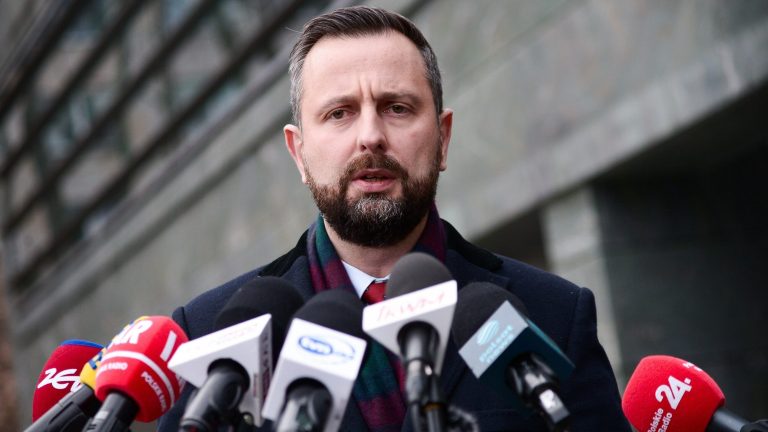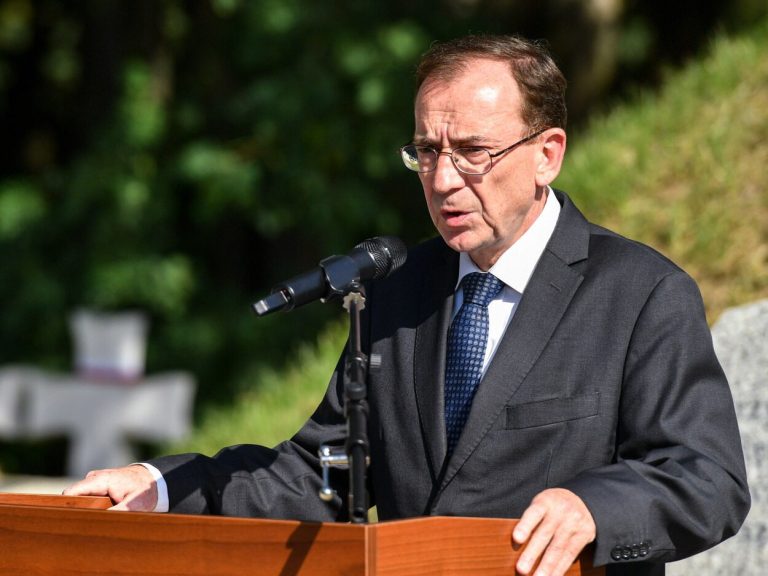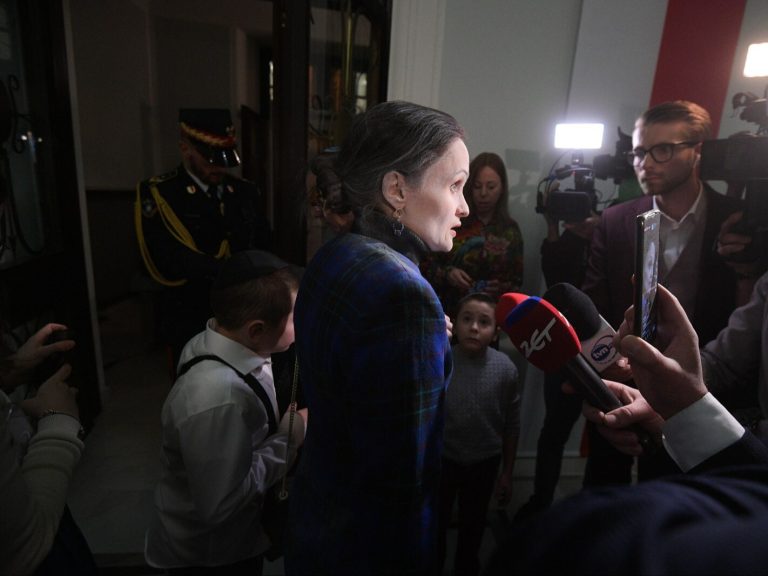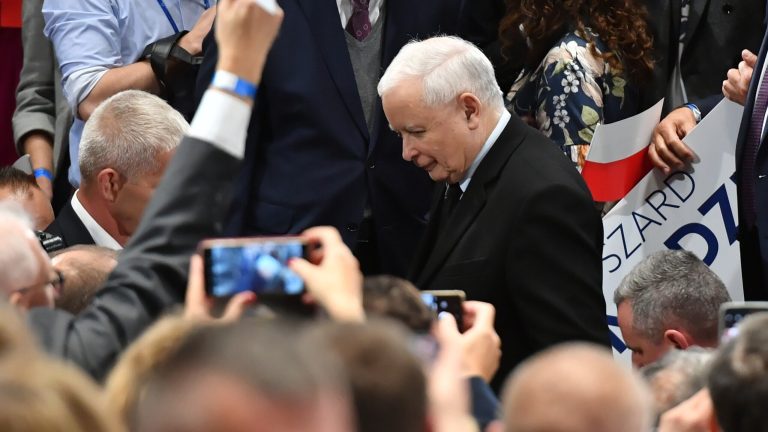Tusk is not giving up after Duda's decision. “We are implementing plan B”

Andrzej Duda decided to veto the law regarding the morning-after pill. Donald Tusk reacted to the president's move.
Andrzej Duda decided to veto the law regarding the sale of the morning-after pill without a prescription, also to people over 15 years of age. Donald Tusk reacted to the decision of the head of state. “The president did not take advantage of the opportunity to stand on the side of women,” said the prime minister, adding that “his government intends to implement plan B.”
Morning after pill. The government announces “plan B”
The Minister of Health also talked about this solution. Izabela Leszczyna assured that “the government has found a way to bypass this obstacle and intends to implement it soon.” – We have prepared a regulation which, of course, refers to the Act on health services financed from public funds and the Act on the profession of pharmacist – announced the head of the Ministry of Health.
The minister explained that on the basis of it, pharmacists will be authorized to conduct consultations and then issue prescriptions and dispense tablets. She also emphasized that these are fully competent people who have acquired knowledge about the impact of drugs on the human body over five years of studies. The draft regulation is to be submitted for consultation just after Easter.
Andrzej Duda vetoed the bill
The Chancellery of the President issued a statement explaining that the President, listening in particular to the voice of parents, could not accept legal solutions enabling children under eighteen years of age to have access to medicinal products for contraception without medical supervision and bypassing the role and responsibility of parents.
– Andrzej Duda's position is not about whether such drugs should be available, but about who they should be available to, and whether parents and doctors participate in this process. Today, if a patient under 18 years of age goes to a doctor, he or she must be accompanied by a parent, and co-decision-making, e.g. on consent to a medical procedure, begins only at the age of 16. Before that, it is decided by parents or legal guardians – explained Małgorzata Paprocka from KPRP.






